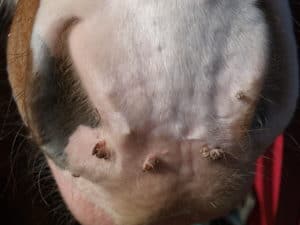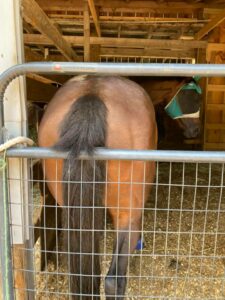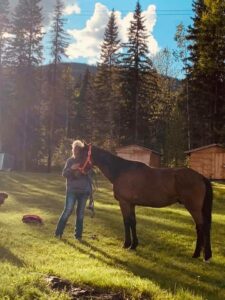Helping the Working Horses of Honduras
Get a behind-the-scenes look at some of the services performed by veterinarians and veterinary students during an Equitarian Initiative clinic in Honduras.
- Topics: Slideshow
Share
ADVERTISEMENT

The Team
Six veterinarians, one veterinary student from the United States, and 20 veterinary students from Honduras provided care to more than 300 working equids during a trip to Southern Honduras in late 2015. Also pictured are the photographer and author. | Photo: Ashlie Woods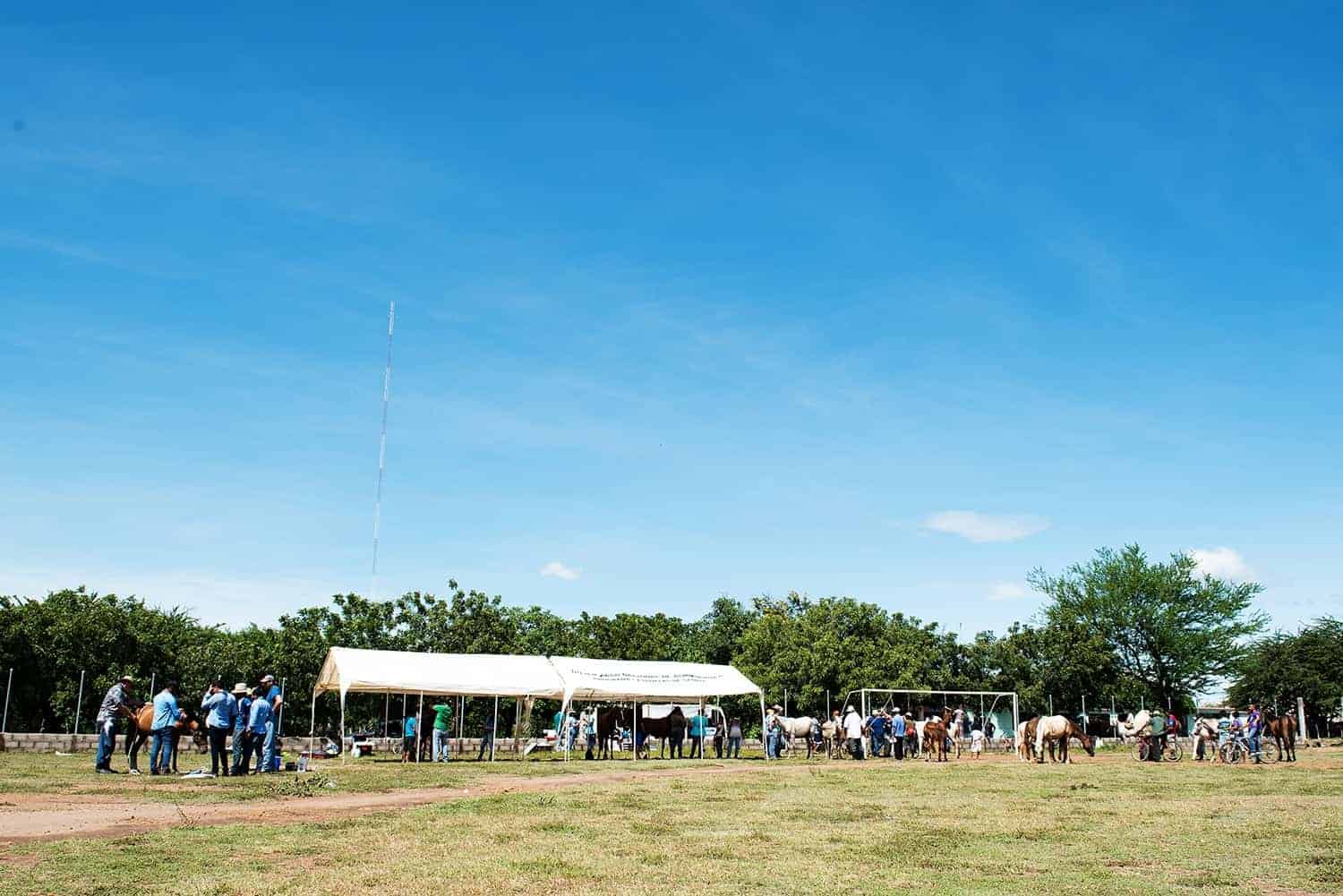
Equitarian Initiative Clinic Set Up
A standard set up for Equitarian Initiative clinics includes large tents to protect from the scorching sun and intense heat. | Photo: Ashlie Woods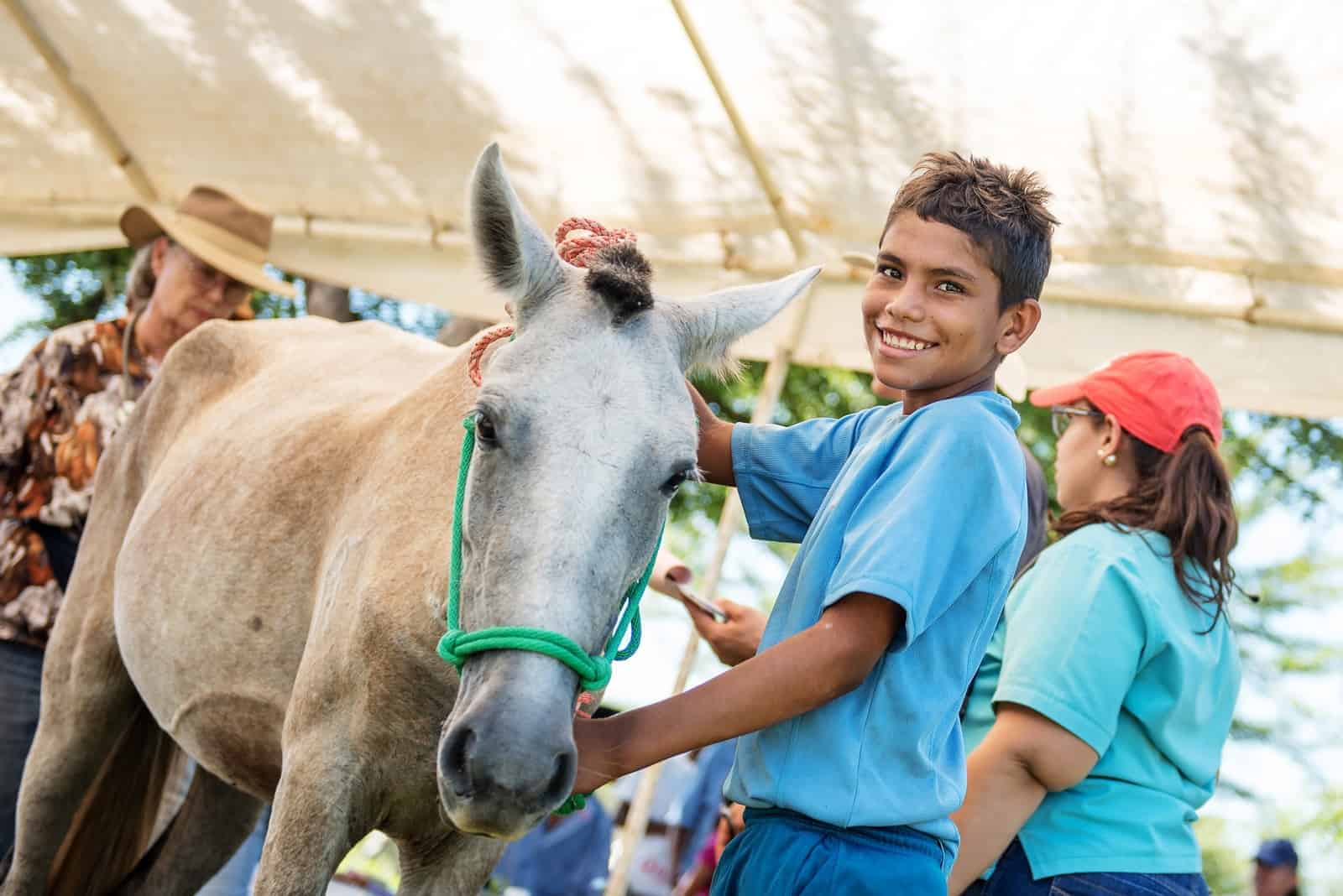
Equitarian Initiative Clinics
Many children are responsible for bringing the family horse to Equitarian Initiative clinics. | Photo: Ashlie Woods
Transportation
Equitarian Initiative's trusted bus driver awaits in the heat of the day. | Photo: Ashlie Woods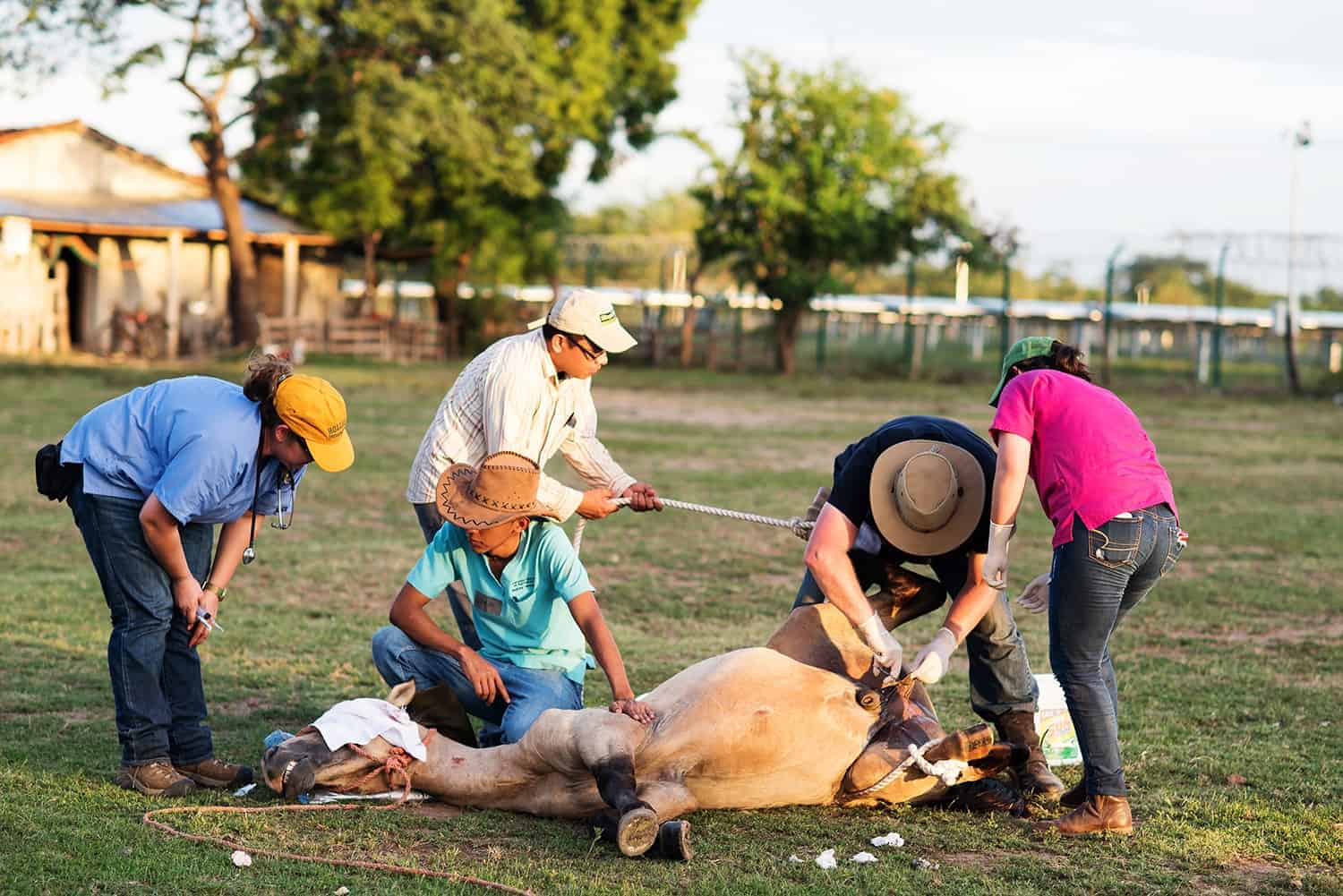
Castrations
Castrations are a unique opportunity for students to gain hands-on experience for an important surgical procedure, and a means of improving a horse's behavior. | Photo: Ashlie Woods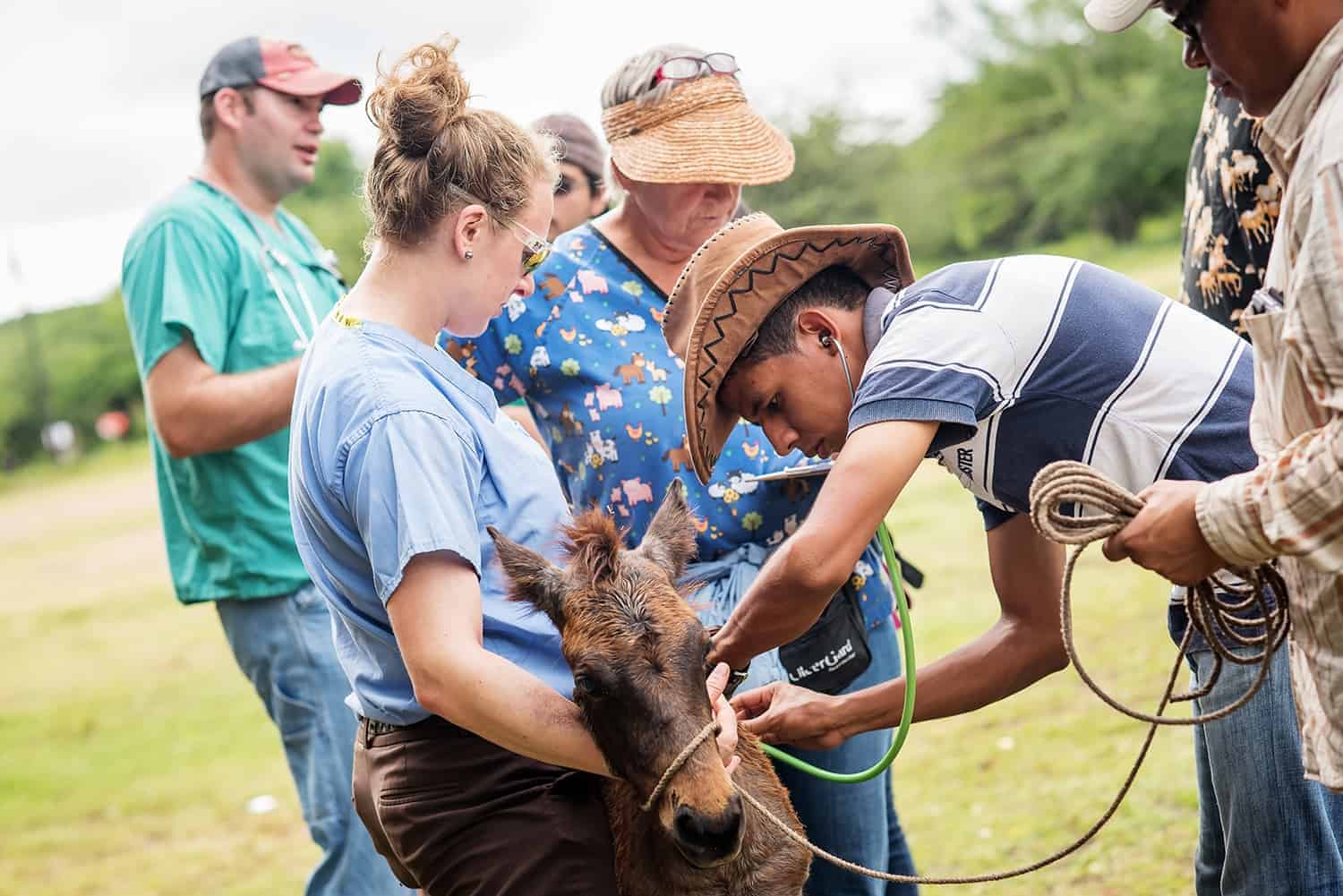
Physical Exam
Two veterinarians hold this colt secure so the veterinary student can have full and safe access to perform the exam. | Photo: Ashlie Woods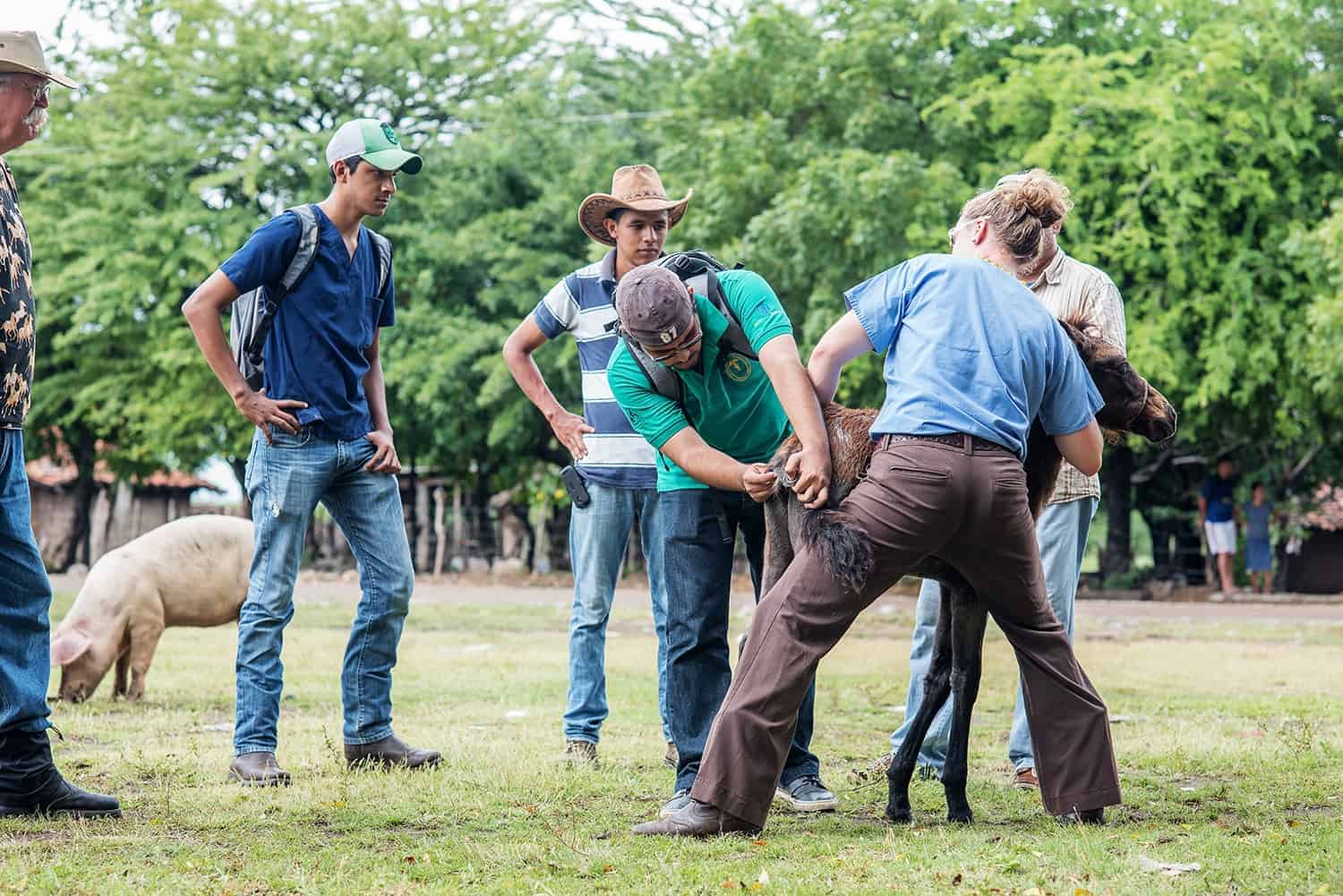
Assessing Vitals
A veterinary student takes a colt's temperature. | Photo: Ashlie Woods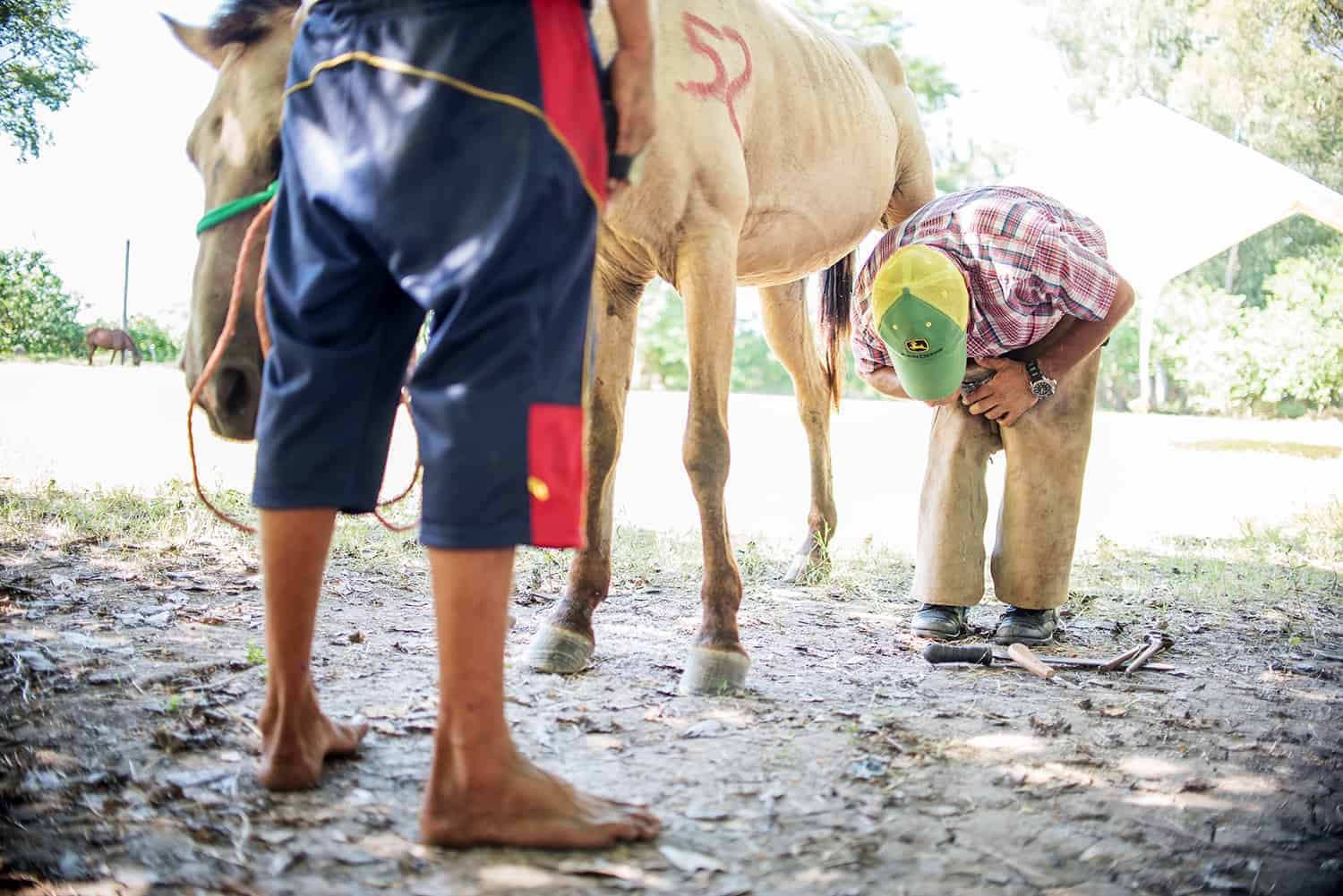
Hoof Care
Farriers address a range of hoof conditions at Equitarian Initiative clinics. | Photo: Ashlie Woods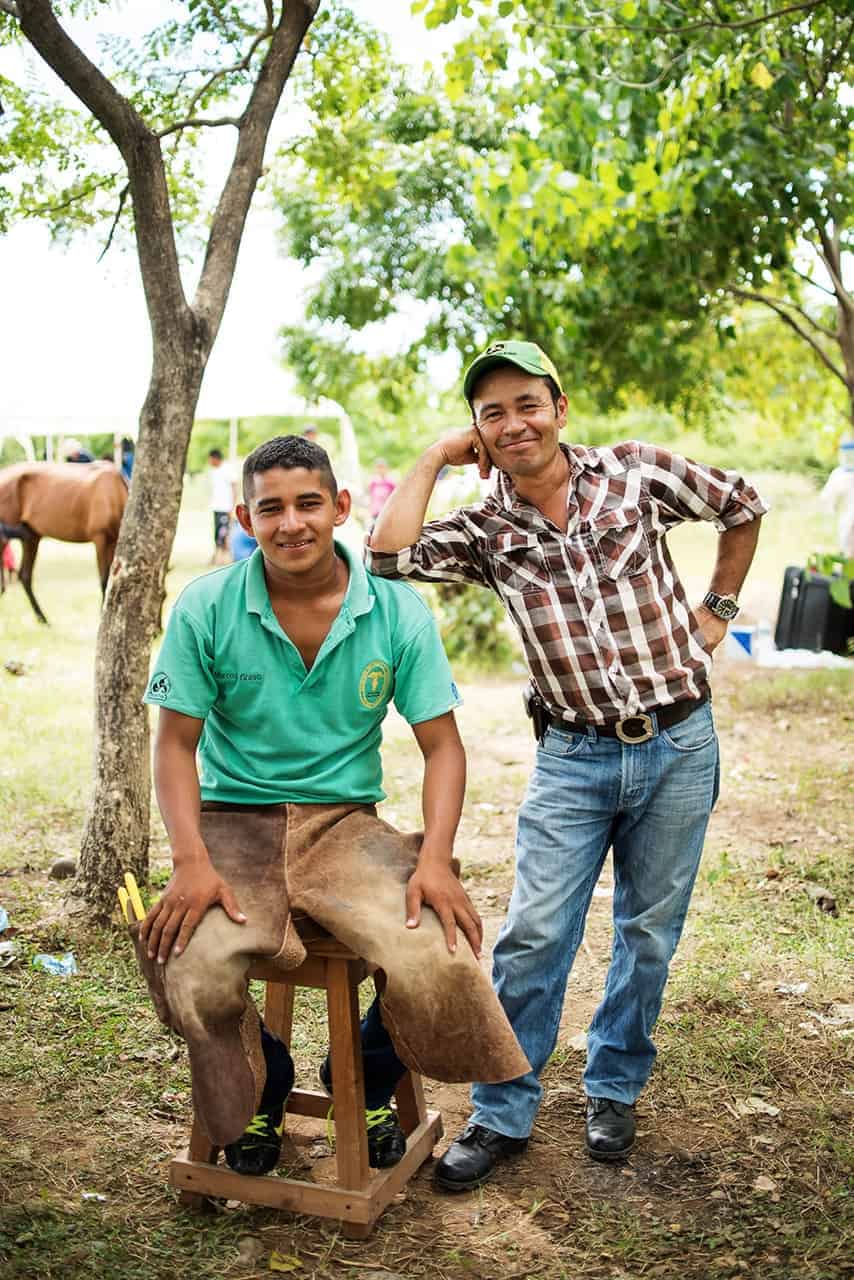
Farriers
Hardworking farriers take a mid-day break from hooves and heat. | Photo: Ashlie Woods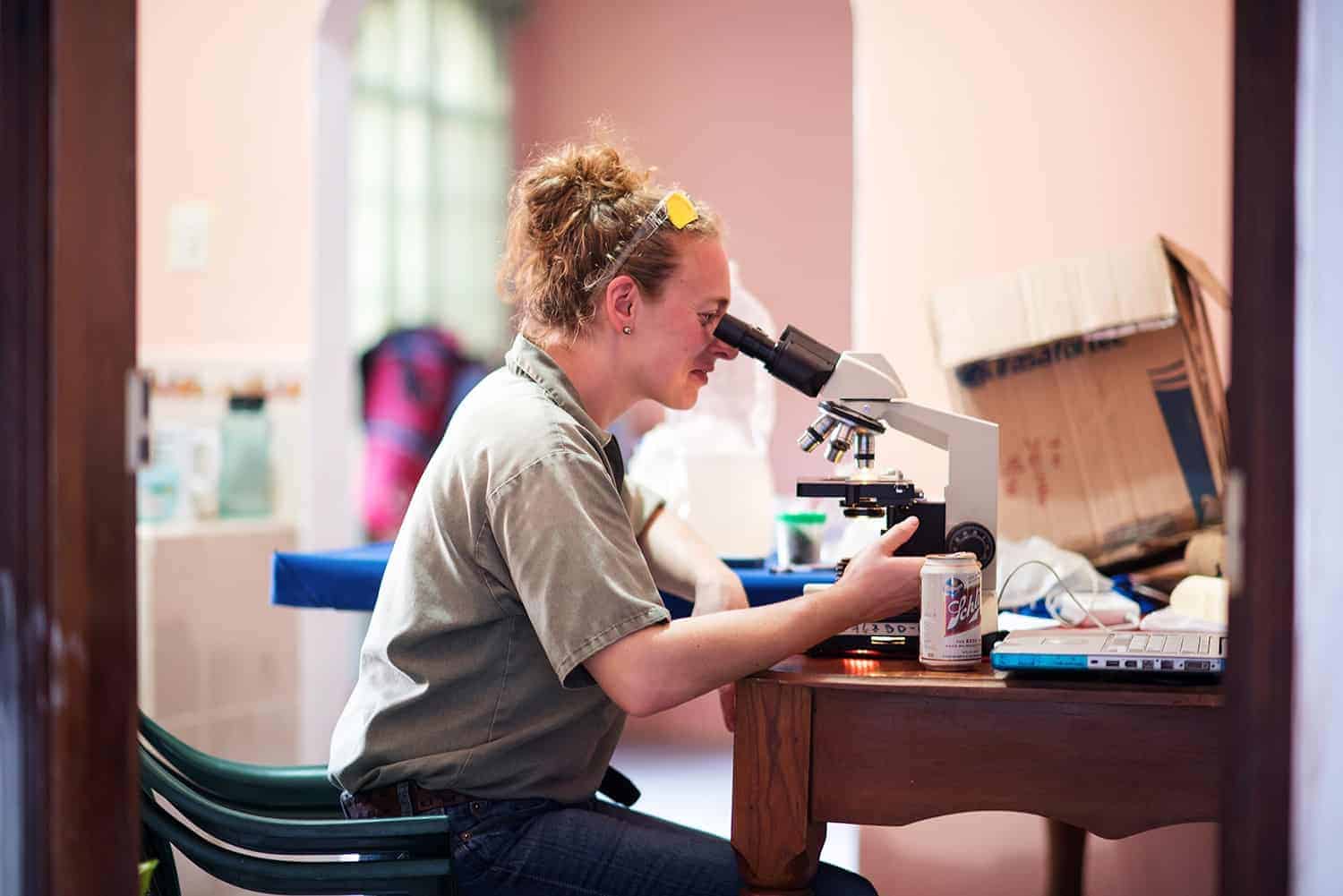
Fecal Samples and Parasite Control
Equitarian Initiative volunteers collected fecal samples in different villages to identify concentrated areas of parasites. Here, Dr. Marta Davis-Tetrault Powers examines samples for evidence of parasites. | Photo: Ashlie Woods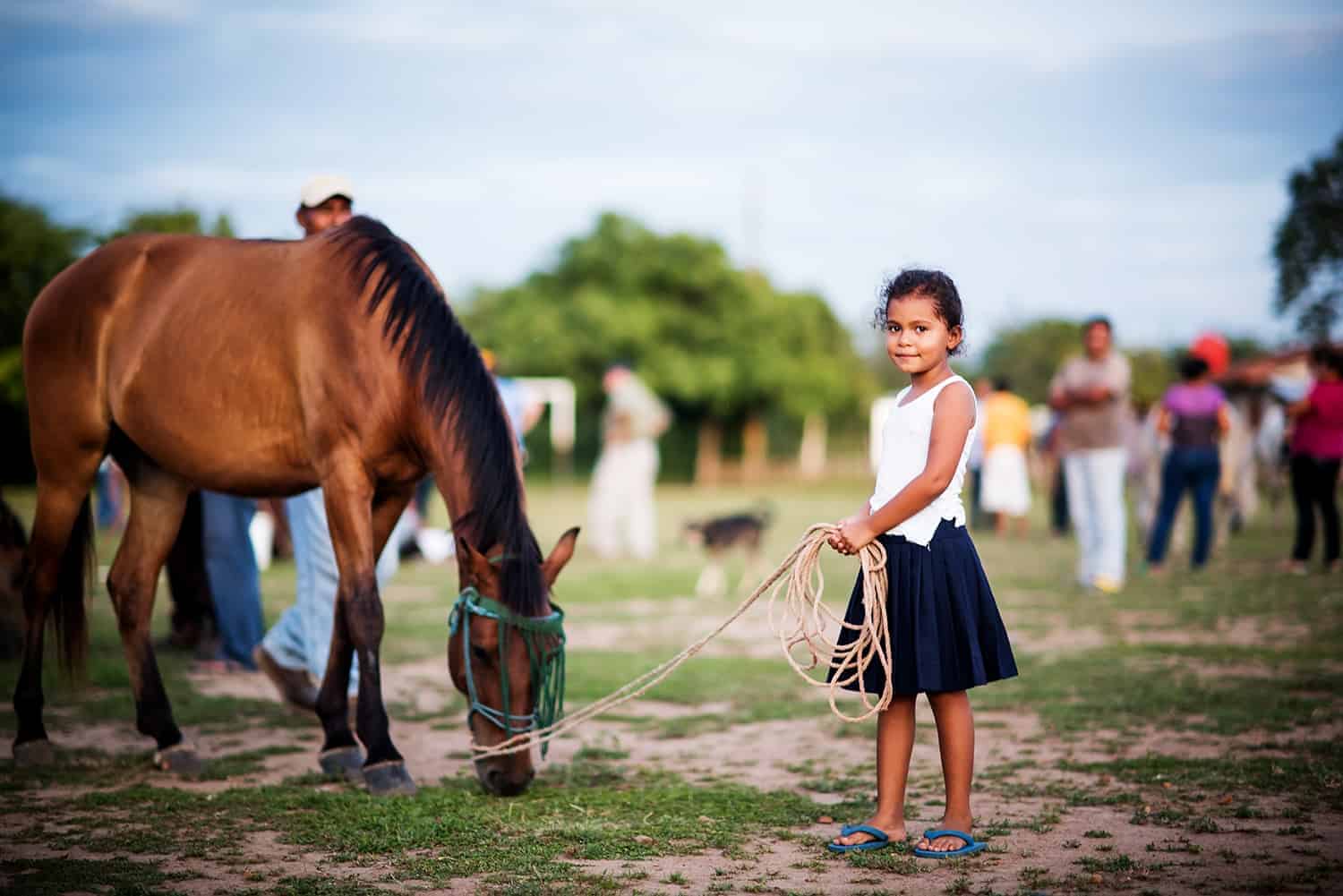
Waiting for Examination
A little girl awaits an examination for the family horse. | Photo: Ashlie Woods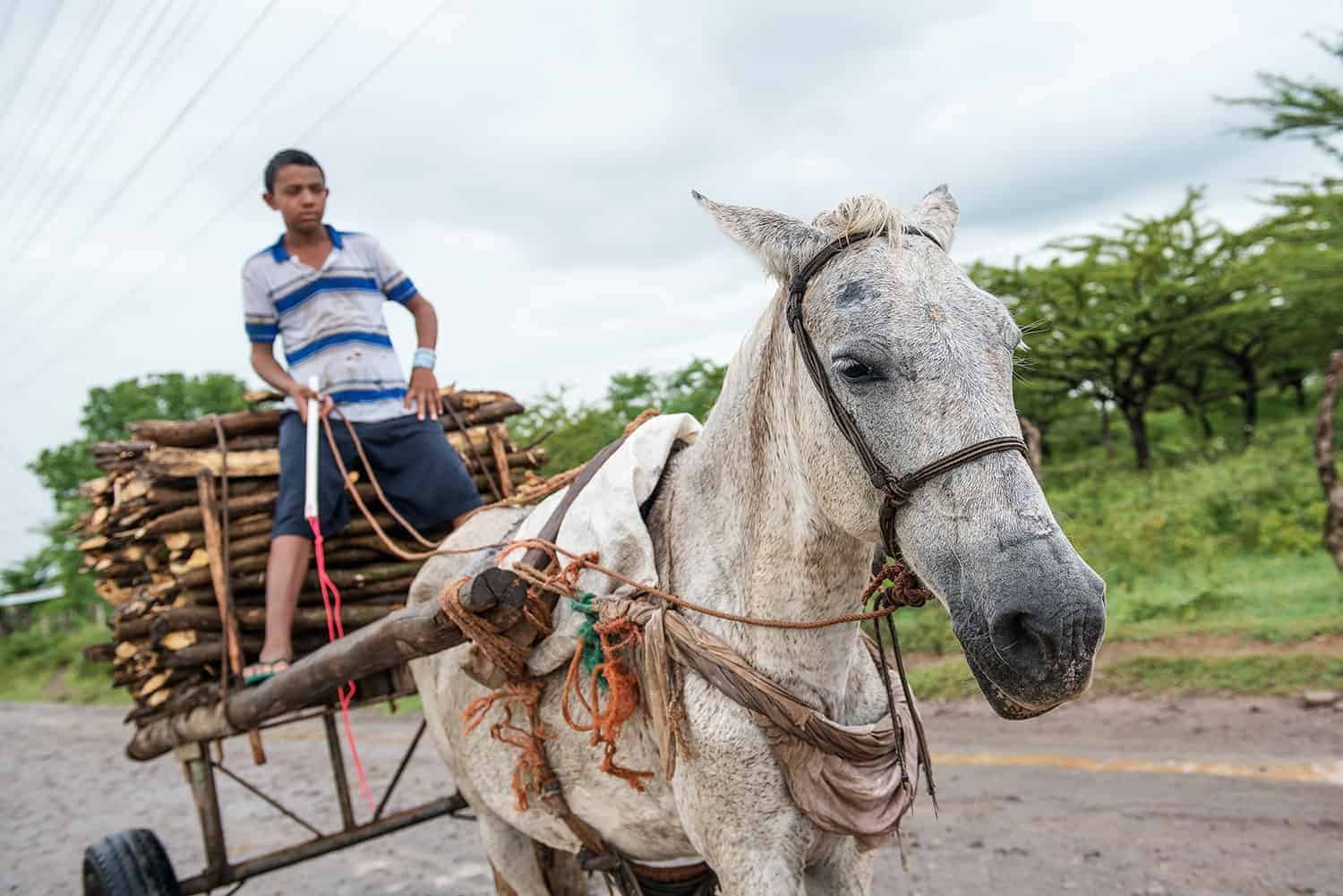
Working Equids in Honduras
Working equids in Honduras often are used to carry leña (firewood), and they work, on average, six hours a day, five days a week. | Photo: Ashlie Woods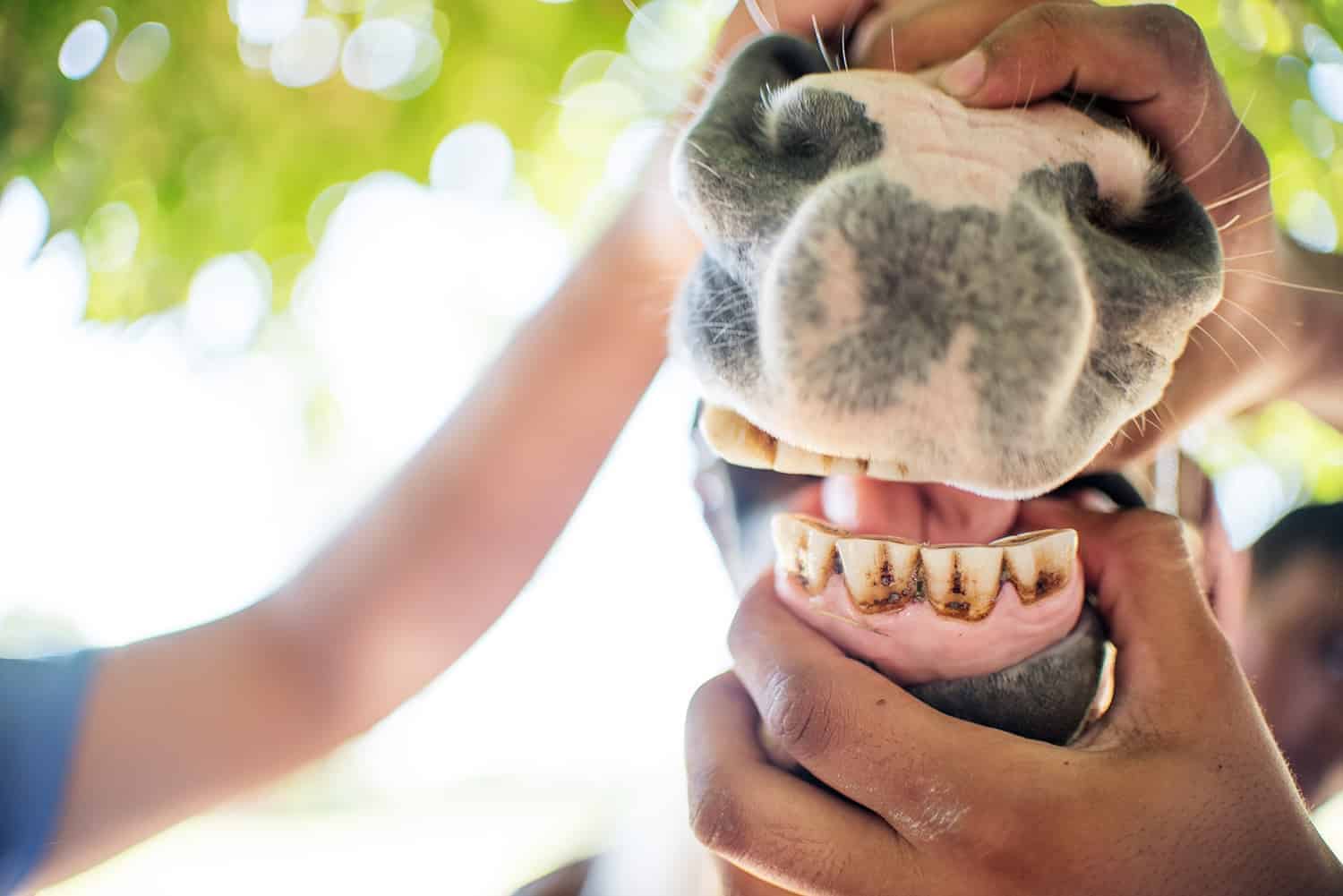
Dental Examinations
Volunteers performed dental examinations on many of the 300+ horses served in Honduras, revealing a number of malocclusions, cheek teeth abnormalities, retained deciduous incisors, and “stepped" premolars and molars. | Photo: Ashlie Woods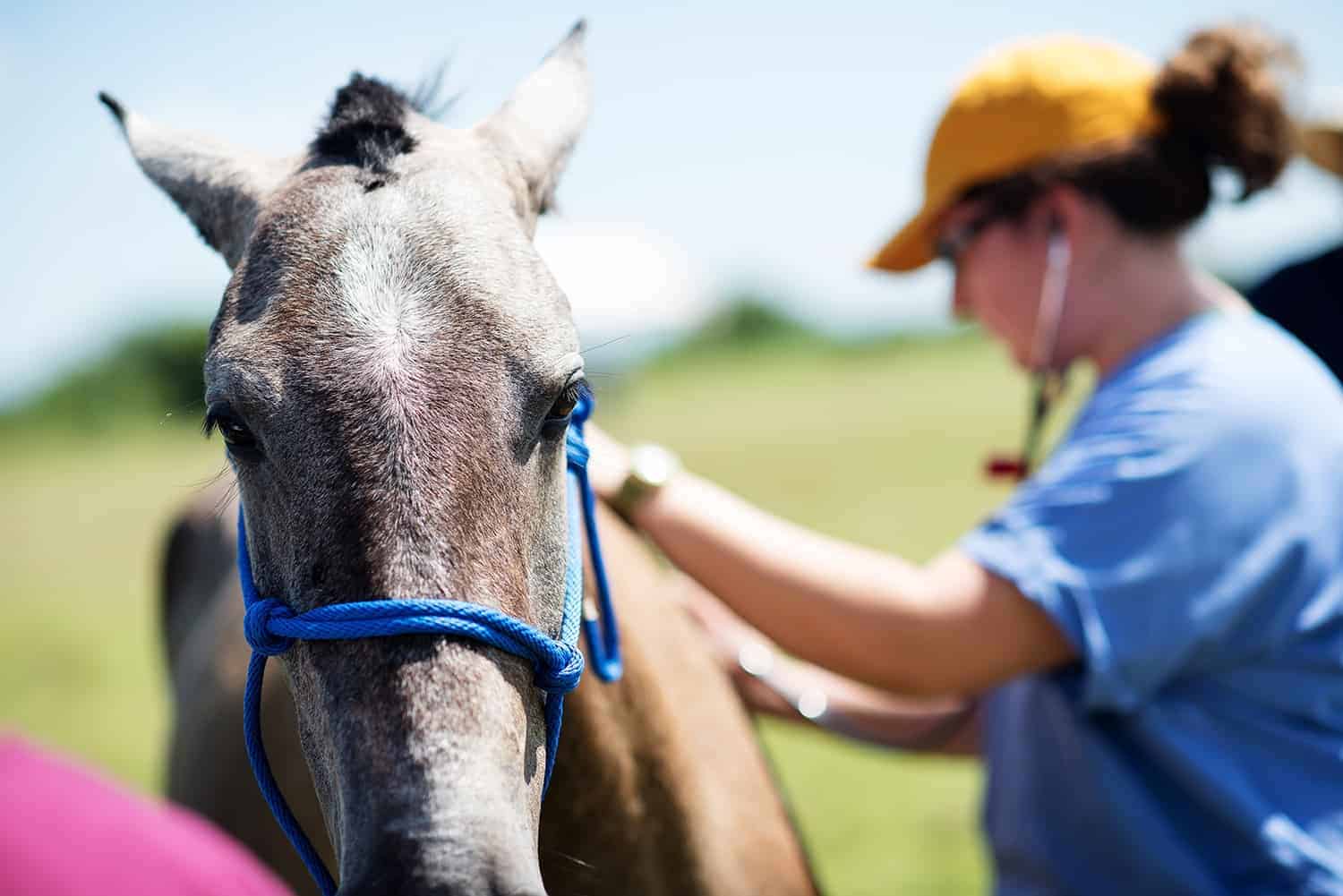
Opportunities for Vet Students
Fourth-year veterinary student Amanda Gray, from University of California, Davis, seen here performing an examination on a horse, received a scholarship to join the Equitarian Initiative in Honduras. | Photo: Ashlie Woods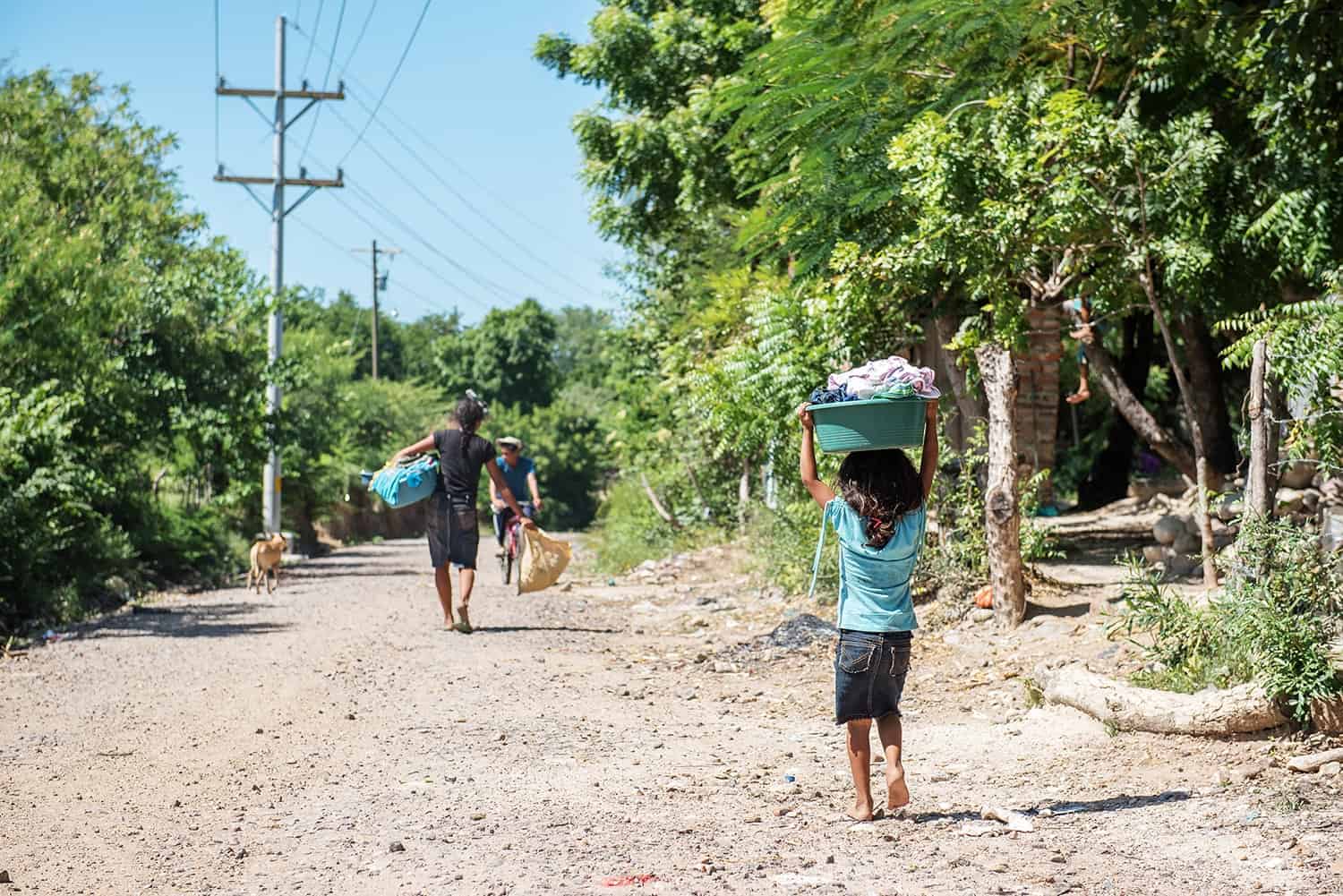
La Fortunita Village
A small child carries laundry down a dirt road in La Fortunita, one of several small villages to which Equitarian Initiative volunteers traveled. | Photo: Ashlie Woods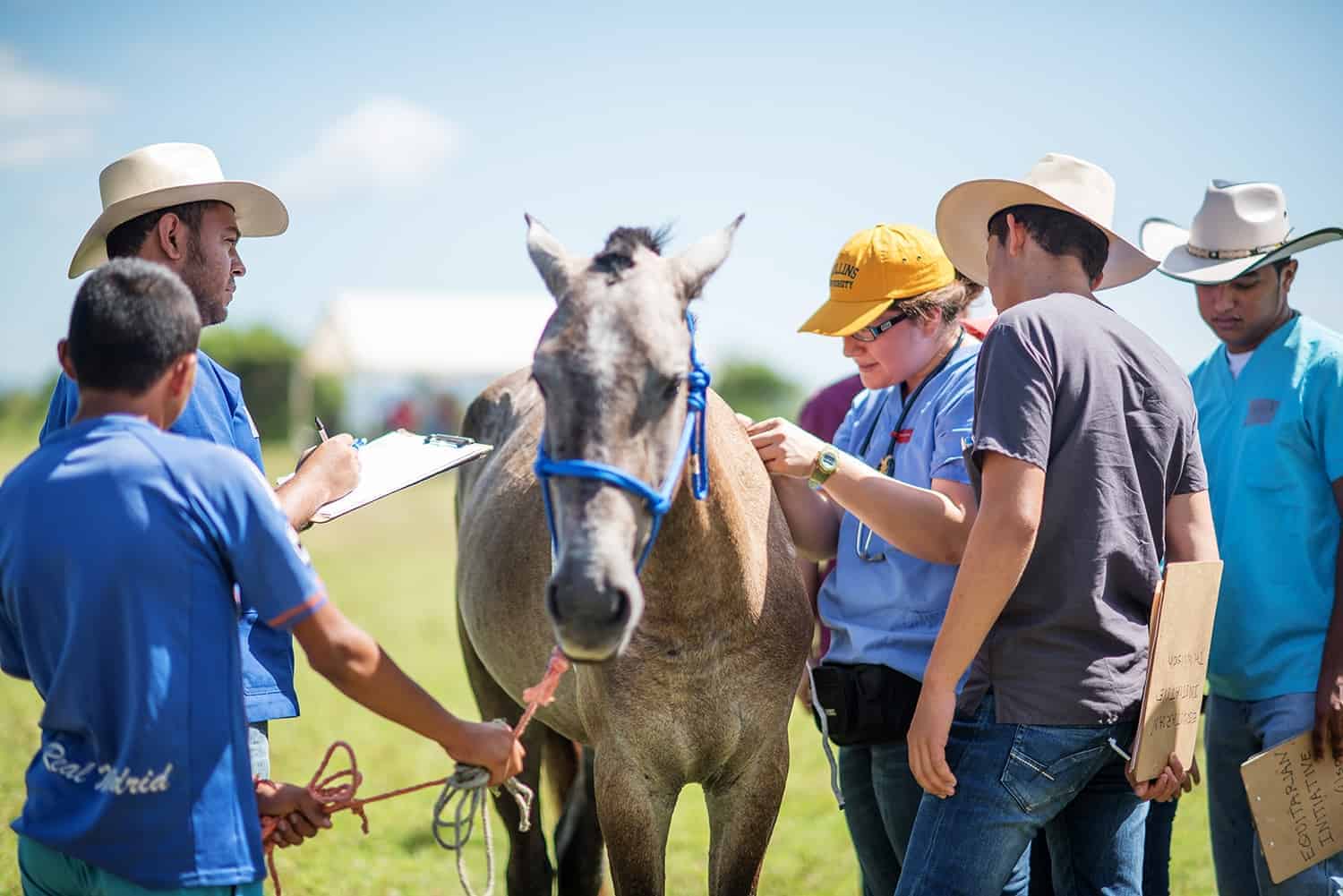
Veterinary Students at Work
Veterinary students perform an examination. | Photo: Ashlie Woods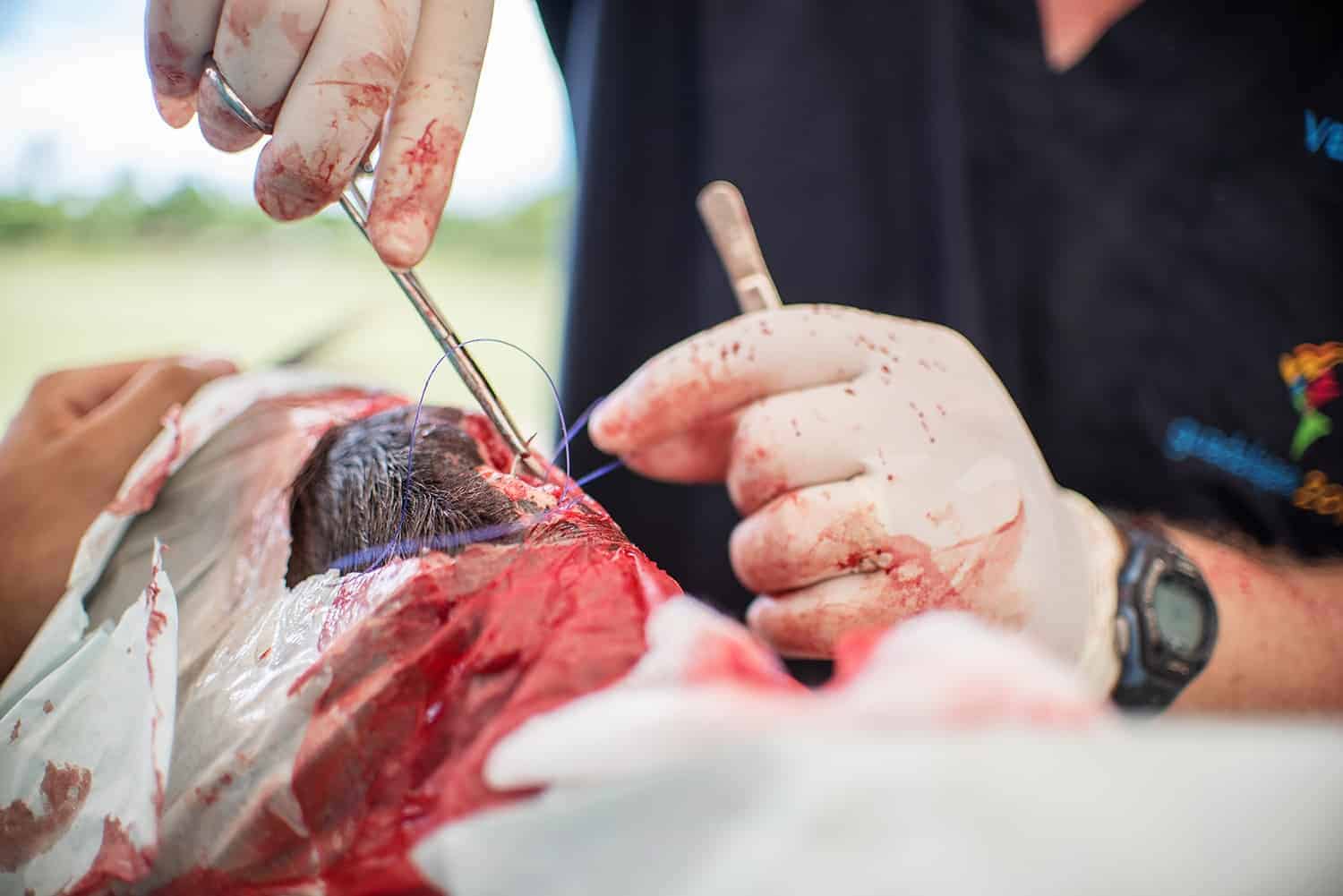
Surgery for Working Equids
This horse required surgery to repair and help heal a large wound on his back inflicted by an ill-fitting cart. | Photo: Ashlie Woods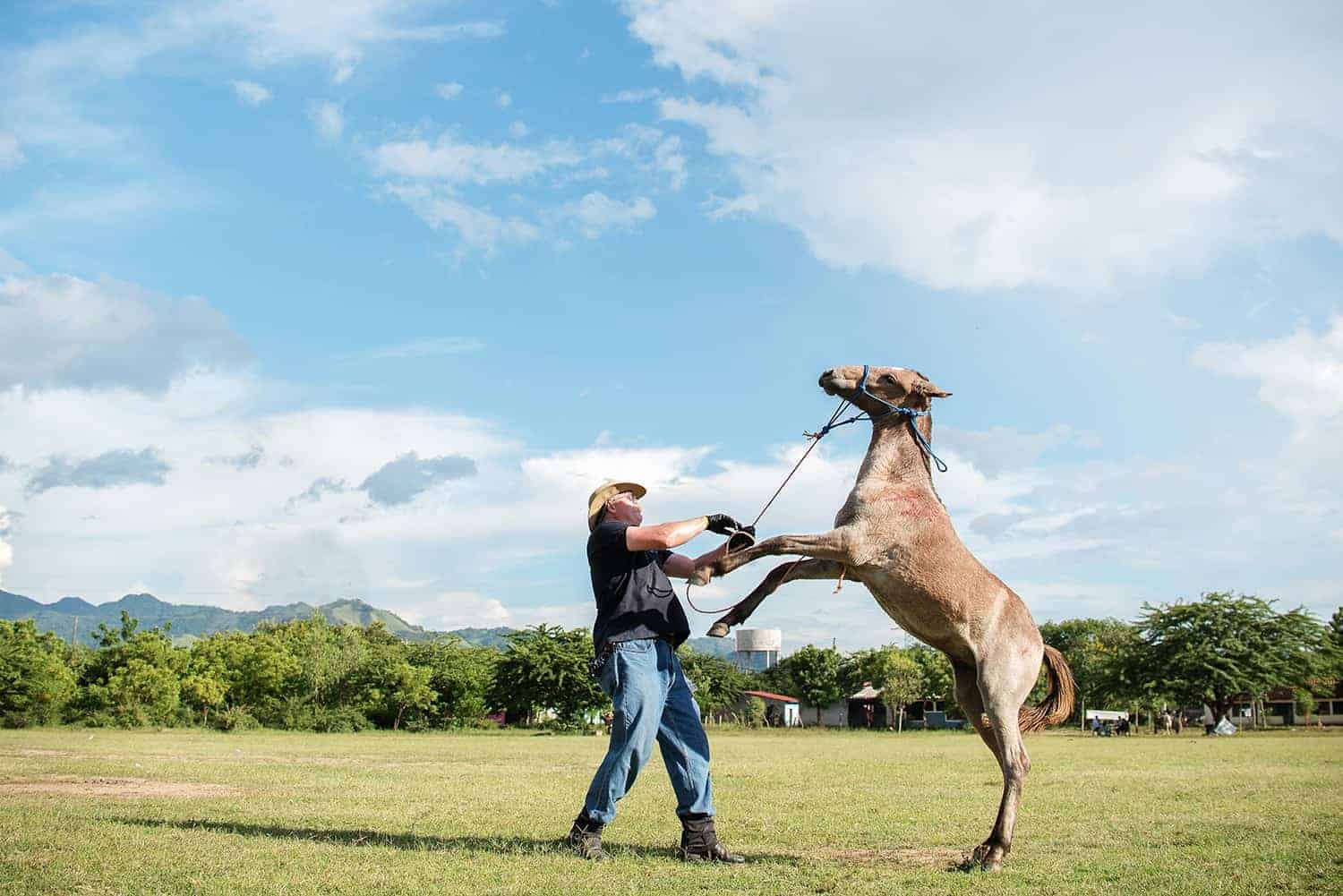
Assisting with Inexperienced, Young Horses
This 6-month-old colt was rearing and moving around in an unsafe way when the veterinary student began the examination. Dr. Tracy Turner worked to teach him "good horse" manners, which the young horse had never learned before. | Photo: Ashlie Woods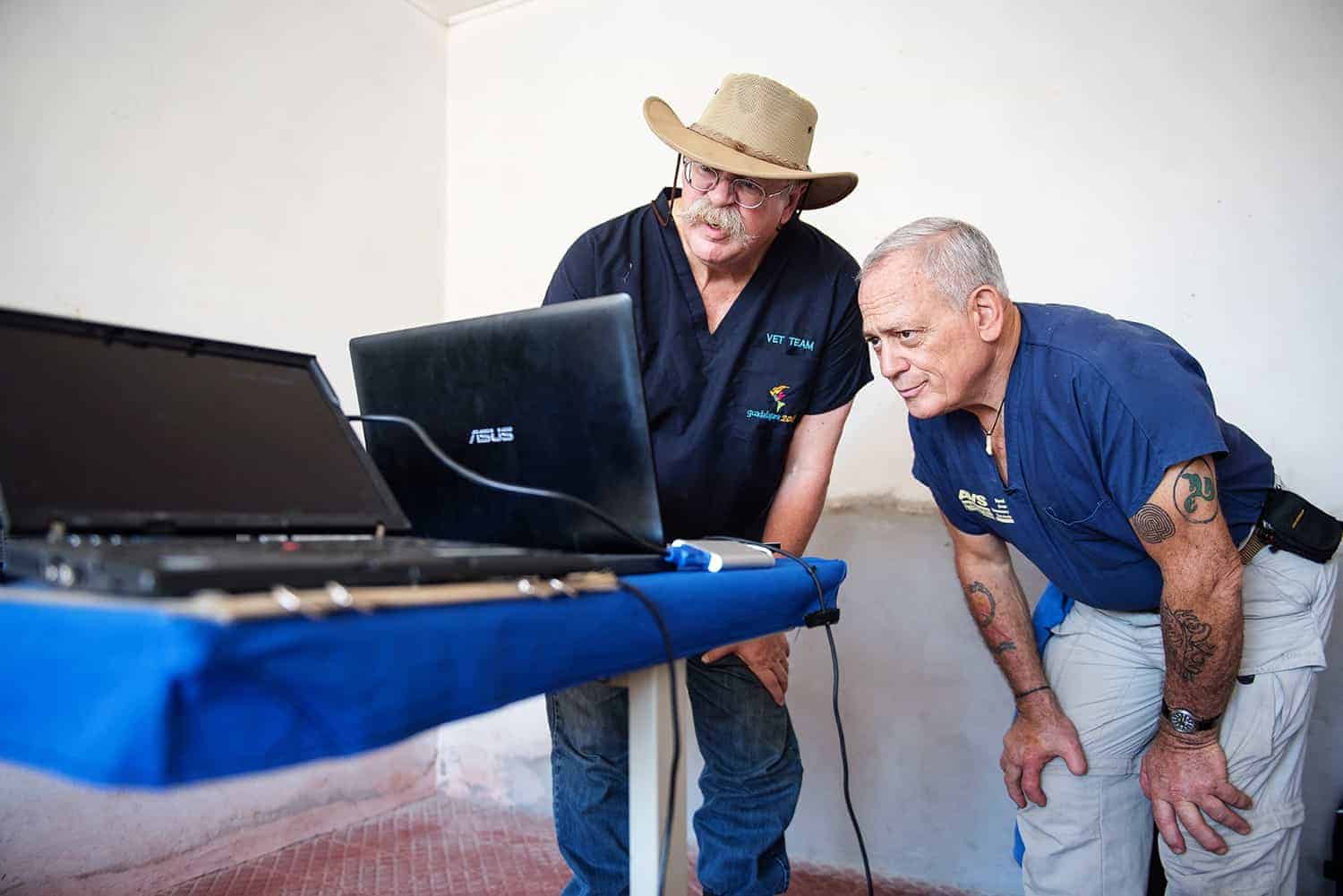
Drs. Tracy Turner and David Turoff
Drs. Turner and David Turoff review the curriculum they used for veterinary students. | Photo: Ashlie Woods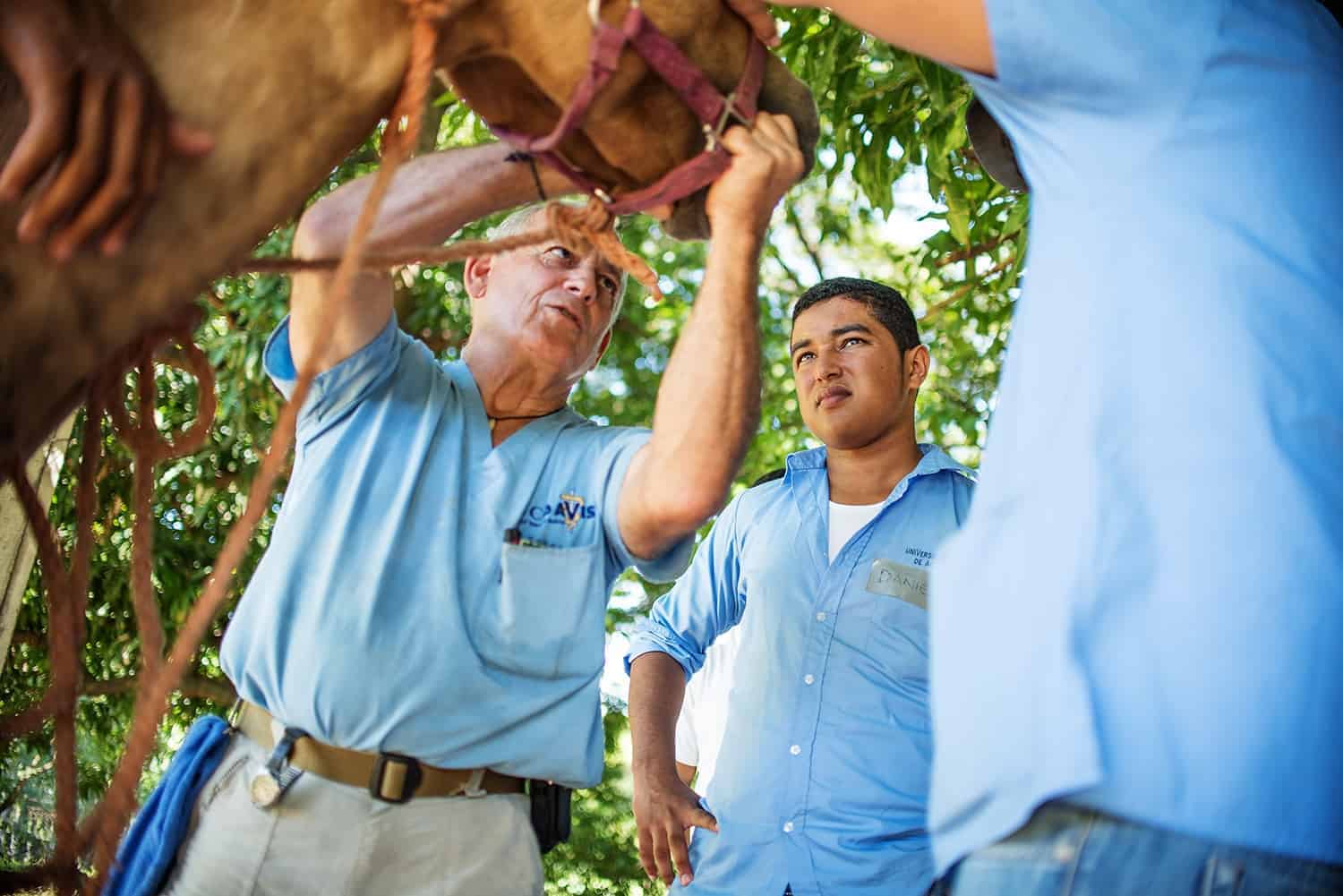
Dental Exams with Dr. Turoff
Dr. Turoff conducted numerous dental examinations with students close by who got to learn by doing. | Photo: Ashlie Woods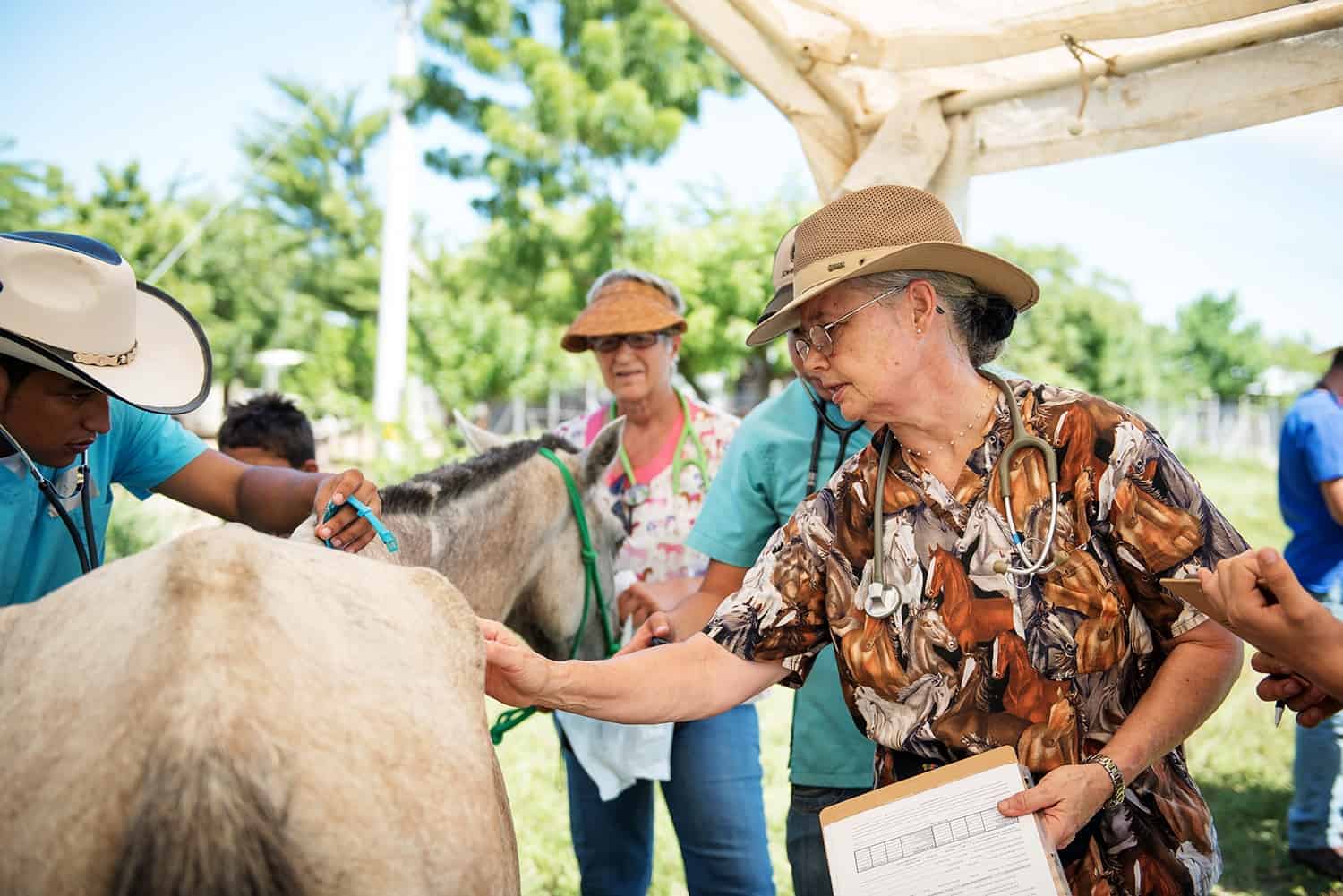
Dr. Julia Wilson
Dr. Julia Wilson, co-founder and president of the Equitarian Initiative, discusses this horse’s skin condition with a student. | Photo: Ashlie Woods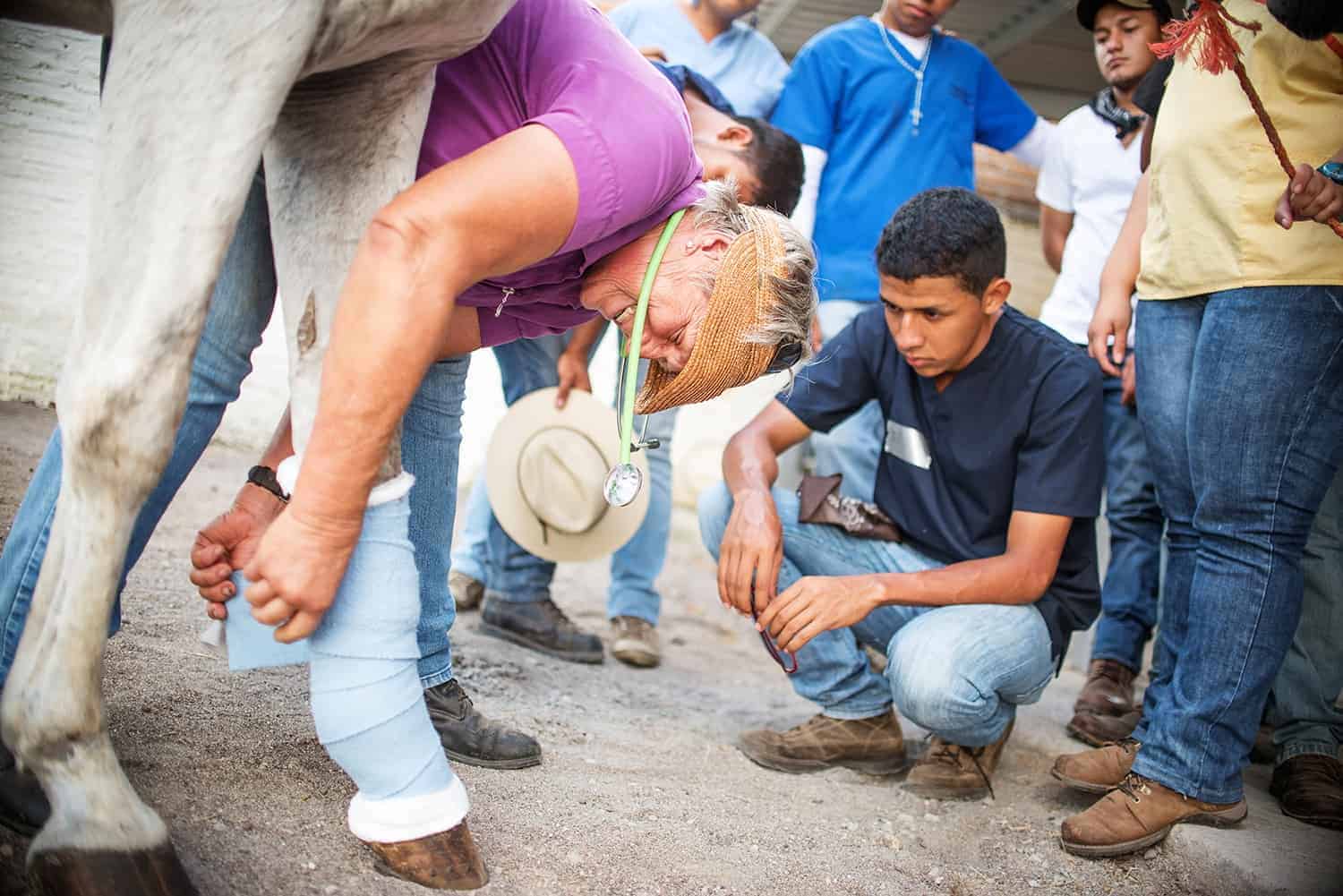
Hands-On Instruction
Dr. Marta Granstedt-Volkmann demonstrates proper wrapping technique to veterinary students, who later got to practice what they learned. Hands-on instruction for students is a fundamental component of the Equitarian Initiative. | Photo: Ashlie Woods
Share

The Horse: Your Guide To Equine Health Care is an equine publication providing the latest news and information on the health, care, welfare, and management of all equids.
Related Articles
Stay on top of the most recent Horse Health news with


